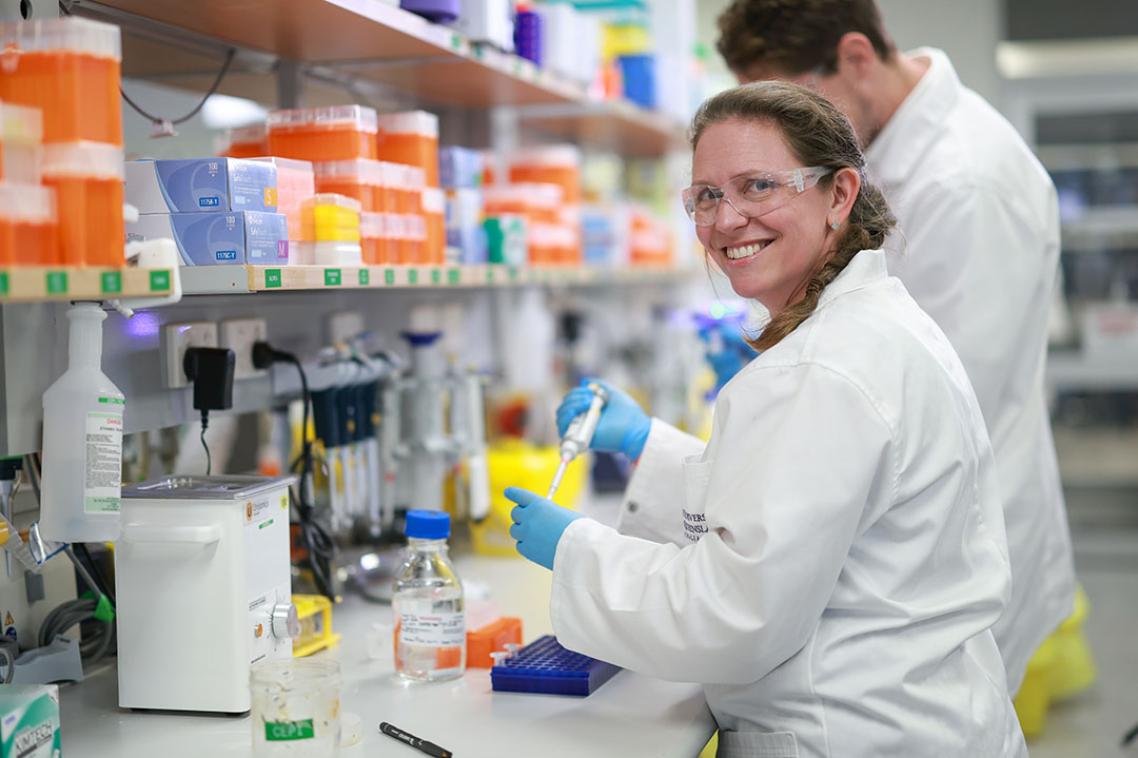GPs given tools to combat antibiotic overuse

A pilot program aimed at stemming antibiotic resistance has successfully reduced prescribing rates among participating doctors.
The University of Queensland-led study involved more than 100 general practitioners from almost 30 practices across South East Queensland.
UQ School of Public Health researcher Professor Charles Gilks said there was a seven per cent reduction in the rates of antibiotic prescribing for respiratory conditions by doctors who were given access to a package of intervention measures.
“The level of antibiotic prescribing for those GPs who did not receive the tool kit was the same or slightly higher than their previous rates,” Professor Gilks said.
The study found doctors responded positively to having a variety of tools to communicate to patients the problems of over-prescribing of antibiotics, and to manage expectations.
“These included a finger-prick test used commonly in Europe to assess a patient’s level of illness to more simple tools such as educational posters and pamphlets.”
The program included web-based education modules for GPs about antibiotic resistance and a delayed prescribing strategy where borderline patients were given a script with a sticker indicating that it should be filled in 48 hours if symptoms worsened.
Australia is one of the highest users of antibiotics per person in the developed world, with about 22 million prescriptions written every year.
Antibiotics are often inappropriately prescribed for patients with acute respiratory tract infections.
Professor Gilks said patients needed to be aware that there were side effects of taking antibiotics and that increased consumption was linked to antibiotic resistance.
“In order to preserve one of medicine’s most important resources, GPs must be equipped to only prescribe antibiotics where appropriate,” he said.
“An advantage of the package is that it is not a ‘one size fits all’ approach, meaning GPs could choose from a range of interventions depending on their consultation preferences and individual patients.
“We would like to see the intervention program rolled out across Australia.”
Media: UQ Faculty of Medicine and Biomedical Sciences, Kim Lyell, k.lyell@uq.edu.au, +61 7 3346 5214, 0427 530 647; Professor Charles Gilks, c.gilks@uq.edu.au, 0437 026 293.
Topics
Related articles

Everything you need to know about Australian bat lyssavirus

Billion-dollar deal takes UQ vaccine tech to the world
Media contact
UQ Communications
communications@uq.edu.au
+61 429 056 139
